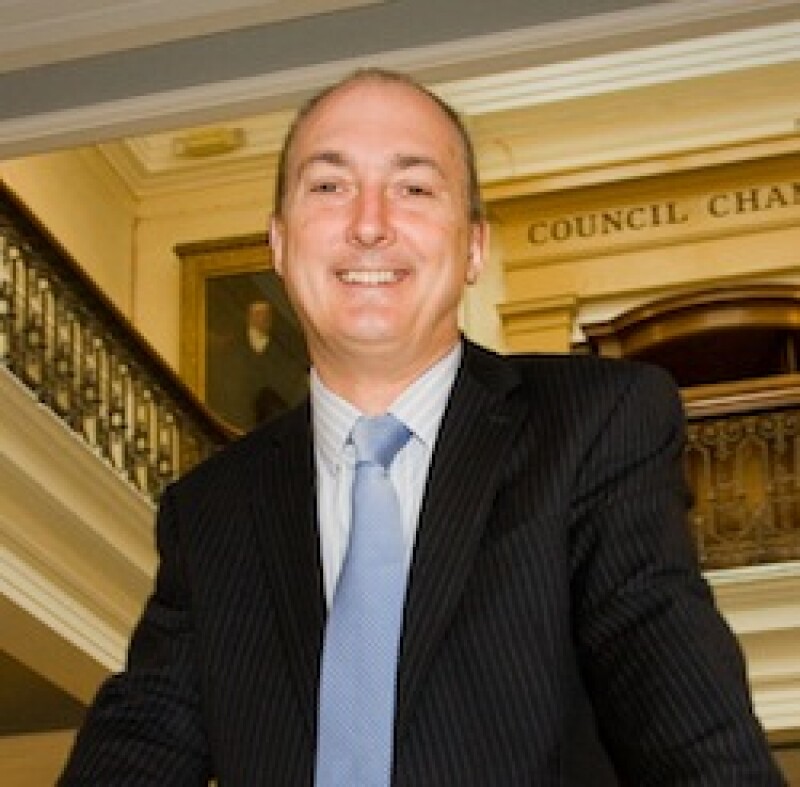
Cameron has selected Mike Weatherley (right), a Conservative Party MP, for the unpaid role, where he will focus on enforcement issues relating to the creative industries.
Before he joined Parliament in 2010, Weatherley was vice-president (Europe) for the Motion Picture Licensing Company. He previously worked for Pete Waterman, who famously helped propel the careers of a long list of singers in the 1980s, from Rick Astley to Kylie Minogue.
Weatherely said of his new role: “I am honoured to be been appointed as the Prime Minister’s adviser on Intellectual Property. The creative industries are incredibly important to Britain’s economy so it is only right that the Government focuses on enforcement issues. I look forward to working with the Prime Minster and my ministerial colleagues on addressing the challenges that face the film and music industries.”
The appointment was announced on the day of a meeting between the Prime Minister and music industry executives. They are understood to be concerned about the apparent mothballing of some of the provisions in the Digital Economy Act designed to crack down on piracy.
In June the Department for Culture, Media and Sport confirmed that a controversial policy of sending notifications to alleged illegal downloaders would not be implemented until at least the end of 2015. The Treasury was understood to be particularly concerned that ISPs – and therefore ultimately consumers - would be required to contribute to the costs of sending the letters under a proposed cost-sharing arrangement.
That decision followed a move in 2011 by the UK government to drop measures in the Digital Economy Act to stop alleged copyright infringers from accessing the internet, after they were dismissed as cumbersome and unworkable.
Weatherley’s appointment might be seen as a concession to rights owners following the watering down of the anti-piracy aspects of the legislation.









